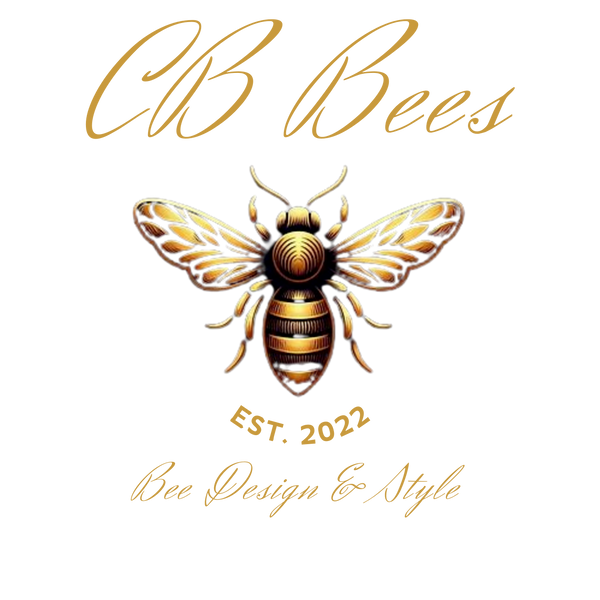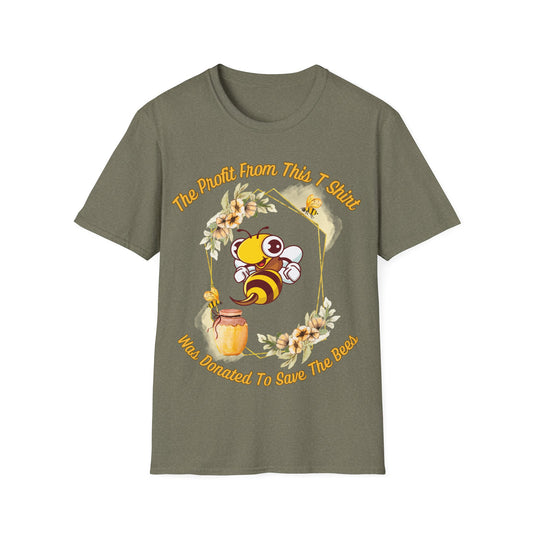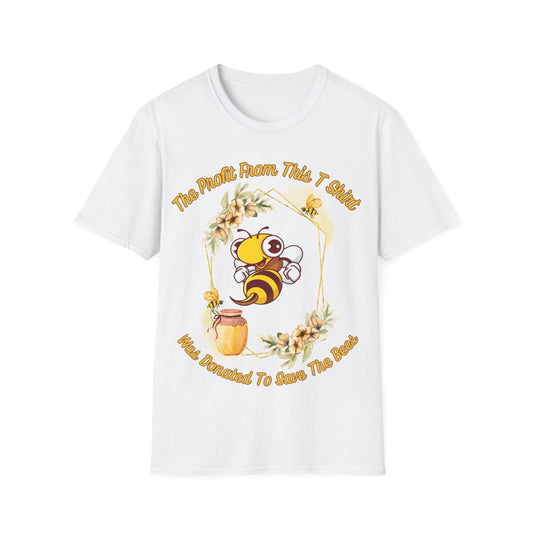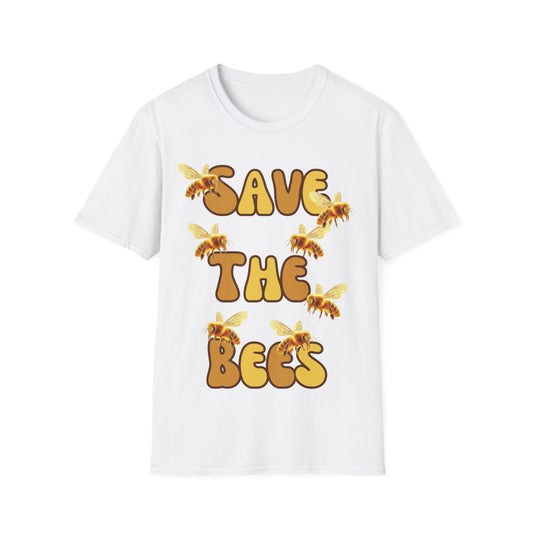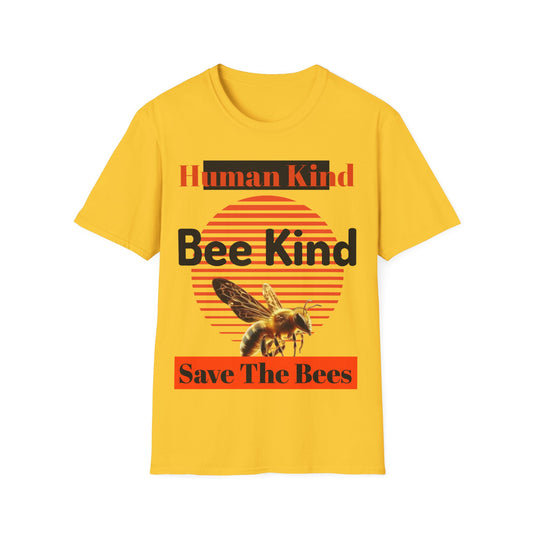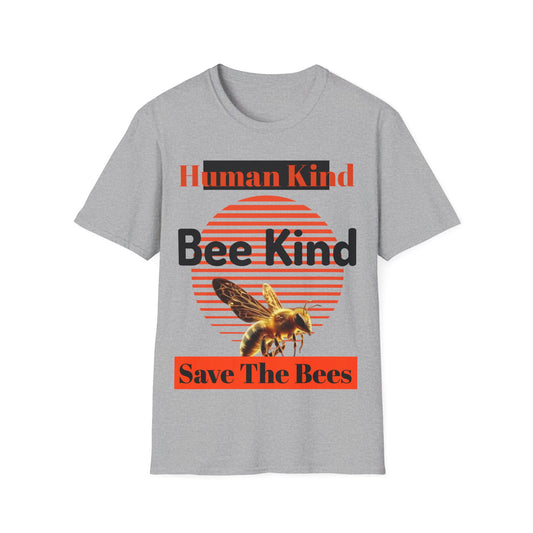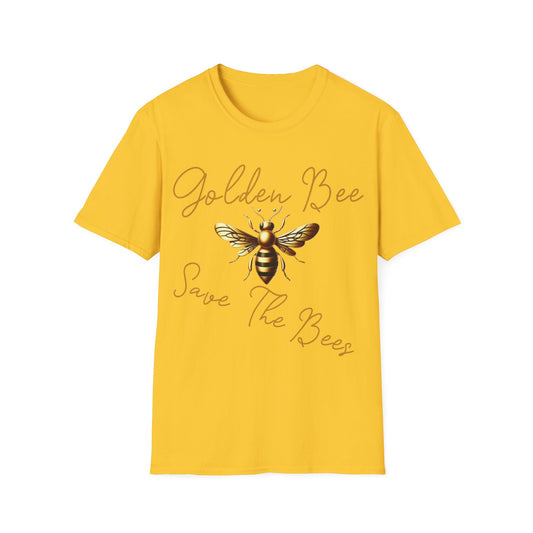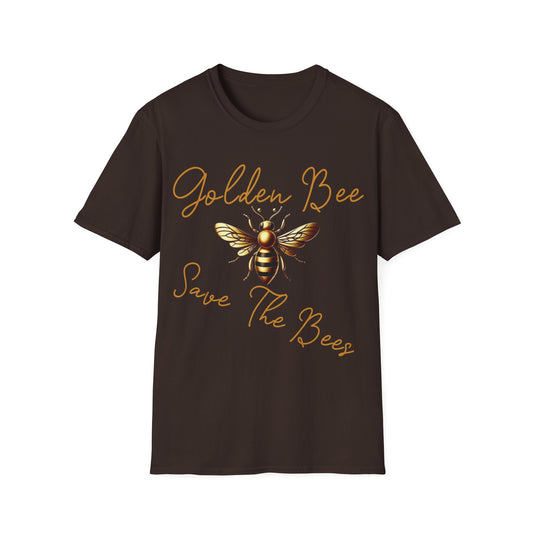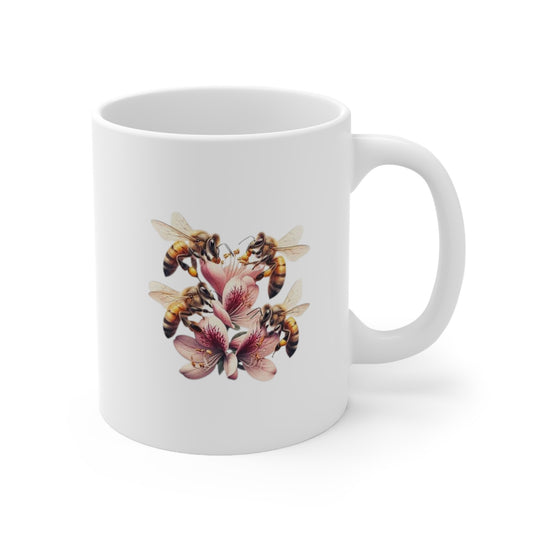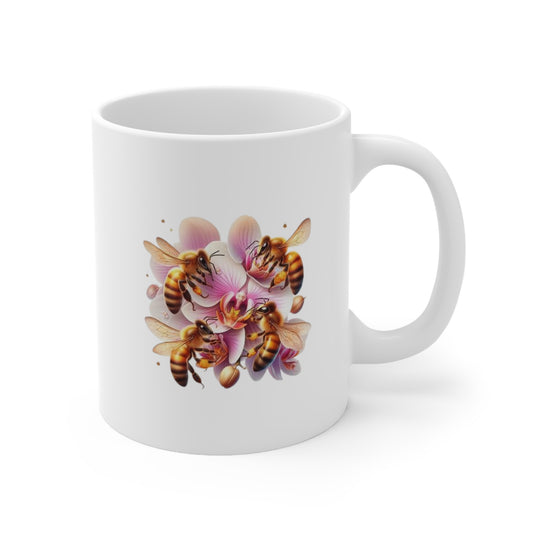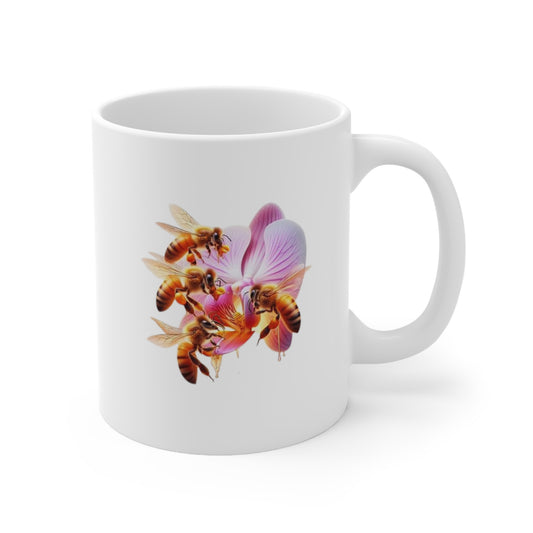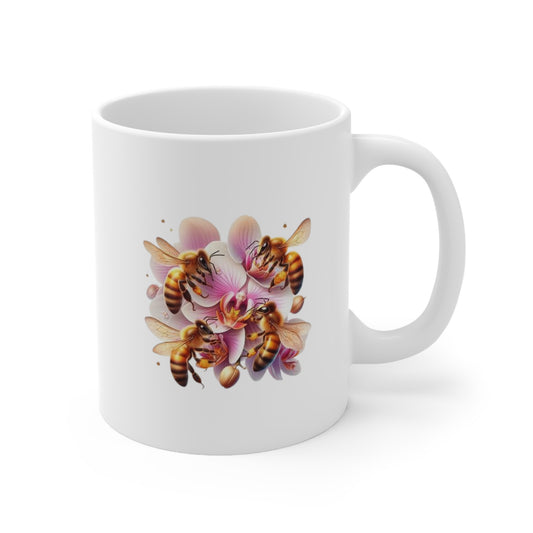Collection: Save The Bees by shopping with CBBees
Save The Bees by shopping with CBBees.
Save The Bees when you buy from CBBees.Shop
At CBBees.Shop, we believe that every customer has the power to make a significant impact on our planet. By supporting our business that is designed to champion conservation and regenerate our ecosystem, you can help create a sustainable future. We do this by contributing a large portion of our profits to fund conservation and ecosystem projects.
This approach is a worlds first for a retail business and we are looking for your support.
Did you know that bees account for one-third of the world's total food production? However, they are now under severe pressure from human activities. Unless we take action, our future looks very bleak. So, who is funding these vital changes? You are.
The Role of Bees in Our Ecosystem
Bees play a crucial role in pollinating the plants that produce much of the food we consume. Without them, our food supply would be drastically reduced, leading to widespread shortages and hunger. Bees are responsible for the pollination of fruits, vegetables, nuts, and even coffee. Their importance cannot be overstated, yet their populations are declining at an alarming rate due to factors such as pesticide use, habitat loss, and climate change.
-
Bee Conservation T-Shirt – Save the Bees!
Vendor:PrintifyRegular price From £17.52 GBPRegular priceUnit price / per -
Save the Bees T Shirt
Vendor:PrintifyRegular price From £17.52 GBPRegular priceUnit price / per -
Save The Bees T-Shirt
Vendor:PrintifyRegular price From £17.52 GBPRegular priceUnit price / per -
Golden Bee Save The Bees T-Shirt
Vendor:PrintifyRegular price From £17.52 GBPRegular priceUnit price / per -
Honeybee Ceramic Coffee Cups, 11oz, 15oz
Vendor:PrintifyRegular price £13.63 GBPRegular priceUnit price / per -
Honeybee Ceramic Coffee Cups, 11oz, 15oz
Vendor:PrintifyRegular price £13.63 GBPRegular priceUnit price / per -
Honeybee Ceramic Coffee Cups, 11oz, 15oz
Vendor:PrintifyRegular price £13.63 GBPRegular priceUnit price / per -
Honeybee Ceramic Coffee Cups, 11oz, 15oz
Vendor:PrintifyRegular price £13.63 GBPRegular priceUnit price / per -
Honeybee Ceramic Coffee Cups, 11oz, 15oz
Vendor:PrintifyRegular price £13.63 GBPRegular priceUnit price / per
